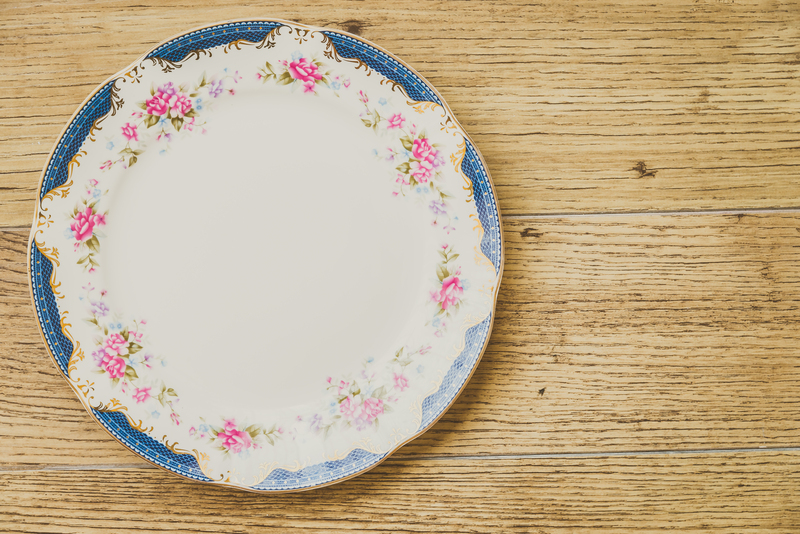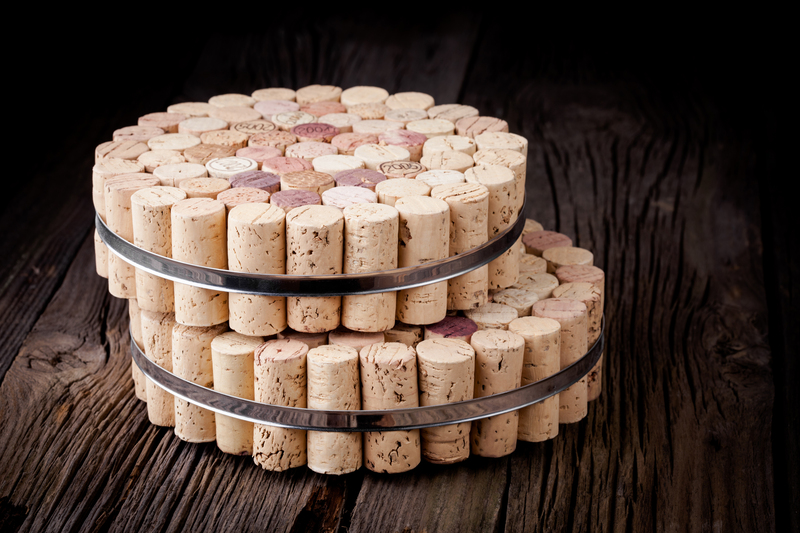Eco-Friendly Plant Pot Removal
Posted on 07/08/2024
Have you looked around your garden lately and noticed a growing pile of old, cracked, and faded plant pots? While these containers once held beautiful greenery and added to the aesthetic of your outdoor space, they can quickly become an eyesore when left unused. But before you toss them in the trash, consider an eco-friendly alternative - recycling or repurposing. In this article, we will discuss how you can safely and sustainably get rid of old plant pots.
Recycling Your Old Plant Pots
One of the most eco-friendly ways to dispose of old plant pots is by recycling them. Most plastic plant pots are made from polypropylene (#5 plastic), which is recyclable in many areas. Before tossing them into the recycling bin, make sure to clean them thoroughly with soap and water to remove any soil or debris. This will ensure that the recycling process goes smoothly and efficiently.
You can also check with your local recycling center or gardening store to see if they have a recycling program for used plant pots. Many nurseries and garden centers offer take-back programs where you can return old pots for them to be recycled or reused. This not only helps keep those materials out of landfills but also helps reduce the need for producing new plastic containers.

Repurposing Old Plant Pots
If your old plant pots are still in good condition, consider repurposing them instead of throwing them away. There are numerous creative ways to give your old pots new life - from using them as storage containers for gardening tools to turning them into decorative pieces for your home.
You can also use them as seed starters for your next gardening project. Simply fill the pot with potting soil, add seeds, and place it in a sunny spot to allow the seeds to germinate. Once they start to sprout, you can transfer them to your garden or a larger pot.
Another great way to repurpose plant pots is by turning them into mini compost bins. Cut out the bottom of the pot and drill some holes in the sides for ventilation. Then, place a layer of soil at the bottom, add your kitchen scraps, and cover it with more soil. This will create a small composting system that you can use to enrich your garden's soil.
Pros and Cons of Recycling and Repurposing
There are several pros and cons to both recycling and repurposing old plant pots. The main advantage of recycling is that it keeps plastic materials out of landfills and reduces the need for producing new ones. On the other hand, repurposing allows for creativity and adds a unique touch to your gardening experience.
However, one downside of repurposing is that not all pots can be used for other purposes. For example, ceramic or clay pots cannot be recycled, and if they are broken, they cannot be easily repurposed. Additionally, both recycling and repurposing can require time and effort on your part.
Tips for Eco-Friendly Plant Pot Removal
- Consider using biodegradable plant pots made from materials such as coconut coir or peat moss instead of plastic.
- When purchasing new plants, ask the nursery if they offer a take-back program for their containers.
- If you must use plastic pots, choose ones made from recycled materials.
- Avoid using single-use plastic pots whenever possible.
- Donate your old but usable plant pots to local community gardens or schools.
- Get creative with repurposing ideas - there are endless possibilities.

Takeaways
Plant pot removal doesn't have to harm the environment. With recycling and repurposing options available, you can reduce waste while giving your old containers new life. Remember to properly clean and prepare your pots for recycling, and get creative with repurposing ideas.
Conclusion
In conclusion, it's essential to think about the impact of our actions on the environment, even when it comes to something as seemingly small as getting rid of old plant pots. By opting for eco-friendly methods like recycling and repurposing, we can reduce waste and contribute to a more sustainable future. So the next time you want to get rid of an old plant pot, consider these options and help make a positive difference in our planet's health.
